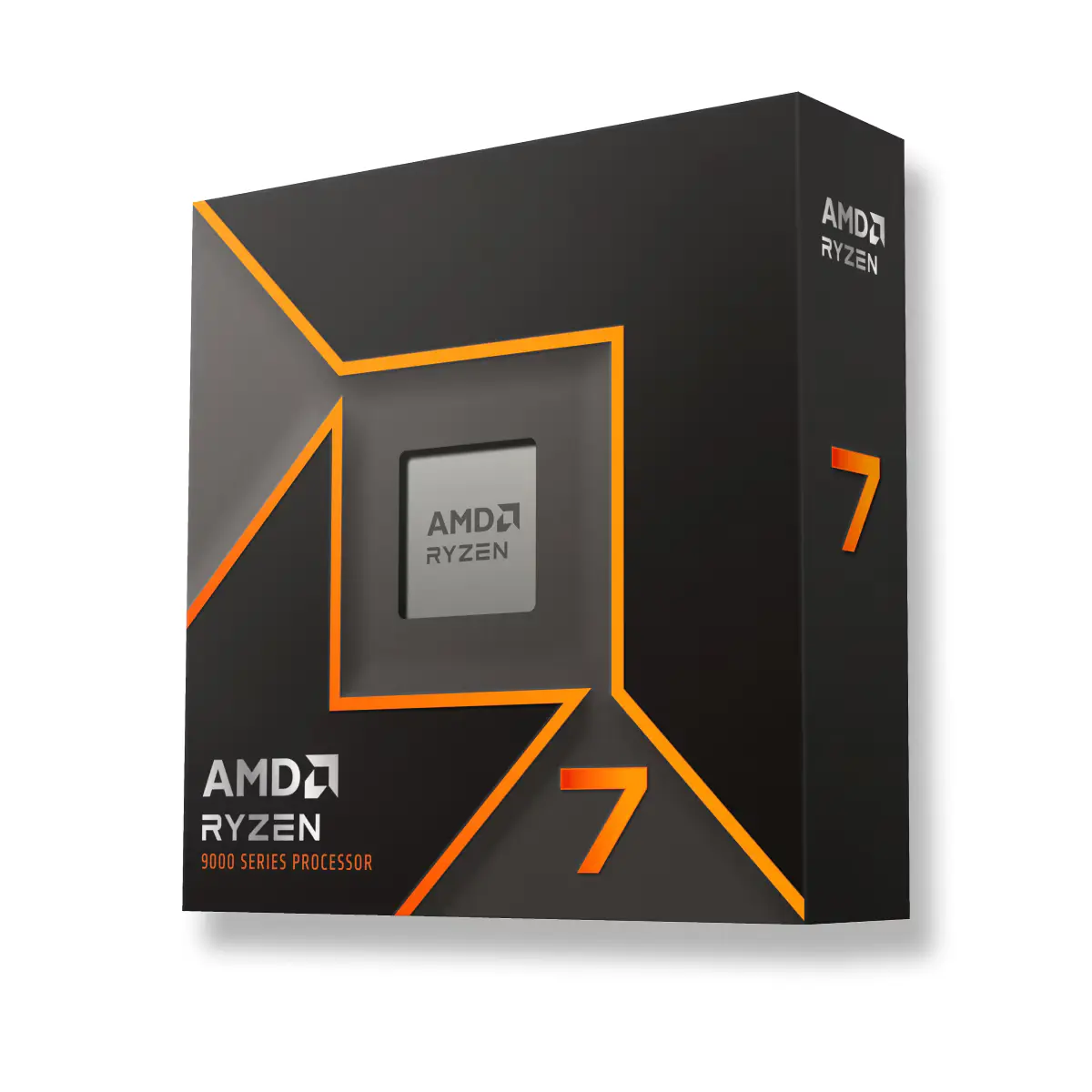News
Unlocking Web Browsing with ChatGPT: Free Access for All Users

OpenAI’s latest update has significantly expanded ChatGPT’s capabilities by introducing free web browsing features to both paid and free users. This enhancement, announced during OpenAI’s Spring Update event, addresses ChatGPT’s critical limitation—its knowledge cutoff date—by enabling it to access and retrieve the most current information available online.
Empowering Users with Current Information
Previously, only subscribers could ask ChatGPT about real-time events or updates. Now, any user can pose questions about current happenings, like checking the weather in New York City, and receive answers from the internet. This feature allows ChatGPT to browse multiple websites to gather data, enhancing the accuracy and relevance of its responses.
Enhanced Transparency with Source Links
An additional benefit of the Browse feature is its transparency. When ChatGPT pulls information from the web, it provides links to the sources. This is crucial for users who want to verify the information, particularly given the potential for AI-generated errors or “hallucinations.”
Getting Started with ChatGPT’s Browse Feature
Activating the Browse feature is straightforward, albeit not immediately obvious, due to the lack of a specific toggle in the ChatGPT interface. Here’s how to enable it:
- Sign Into Your Account: Users must log into their OpenAI account to access browsing and other advanced features like GPT-4o, vision, data analysis, and more. You can create a new OpenAI account or use existing Google or Microsoft credentials for quick access.
- Initiate a Query on Current Events: The Browse feature activates automatically when you ask a question requiring real-time information. For instance, asking, “Who is currently the President of the United States?” prompts ChatGPT to use the Browse feature to search the internet for the latest information.
This update enhances ChatGPT’s utility and democratizes access to up-to-date information, making it a more powerful tool for users worldwide. Now, with just a simple query, anyone can engage ChatGPT to browse the web, ensuring they receive the most current responses to their questions.

Food & Drinks
Historic 185-Year-Old Pie Shop, Burchall’s, Set to Close in St Helens

The historic Burchall’s pie and Butcher Shop, a beloved institution in St Helens, Merseyside, will close its doors permanently on March 29, 2025. Having operated continuously since its founding in 1840, Burchall’s has become synonymous with local heritage, renowned particularly for its traditional pork pies and high-quality meats.
Local Disappointment and Community Impact
News of the closure has been met with deep sadness and nostalgia within the St Helens community. Residents, many of whom have patronized the shop for generations, view Burchall’s not merely as a store but as an integral part of their community’s history and identity. The shop has served as a social hub, fostering connections among residents through decades of service.
Nationwide Trend: Independent Shops Struggling
The closure of Burchall’s is indicative of broader economic pressures facing independent butchers and bakeries across the UK. Recent closures have also impacted other cherished businesses, including Wendy Donald in Blairgowrie, Thomson Family Butchers in Dundee, and GH Porter in Nottinghamshire. Similarly, longstanding bakeries such as The Crusty Cob and Bennetts Family Bakers have ceased operations, underscoring a worrying national trend.
Economic Challenges Confronting Small Businesses
Several economic challenges have made operating conditions increasingly difficult for small, independent businesses. The lingering effects of the COVID-19 pandemic significantly reduced foot traffic, altering consumer buying patterns and pushing many consumers toward online shopping. Additionally, soaring energy costs have drastically increased overhead expenses, further squeezing already thin profit margins.
Higher operational costs, including rising employer National Insurance Contributions and increases in minimum wages, have compounded the economic strain on small businesses. These financial pressures have forced many retailers, especially those in niche markets or heritage sectors, to reconsider their business viability.
Calls for Government Support and Intervention
Industry organizations, including the British Retail Consortium and the Centre for Retail Research, have raised alarms about the ongoing crisis in retail. These groups warn of potential further closures and job losses across UK high streets in 2025 unless immediate action is taken. They advocate for targeted support measures from the government, such as financial aid packages, energy cost reductions for small businesses, and policies promoting local consumer spending.
Preserving Heritage and Local Economies
The impending closure of Burchall’s has ignited discussions around the importance of protecting local heritage businesses. Community members and local business associations have called for enhanced awareness campaigns and policies aimed at preserving historic shops that contribute significantly to local economies and cultural identity.
Celebrating Burchall’s Legacy
In the lead-up to the shop’s closure, local residents and supporters plan to commemorate Burchall’s longstanding community contributions. Events and storytelling sessions highlighting personal memories and historical significance are planned to ensure Burchall’s legacy endures long after its closure.
The closure of Burchall’s marks not just the loss of a business, but the end of a cherished community institution. Its story highlights the critical need for collective action to protect Britain’s independent heritage businesses, preventing other beloved establishments from suffering a similar fate.
London
UK MPs Criticise Slow and Uneven Rollout of EV Charging Points

Members of Parliament have expressed strong criticism regarding the UK government’s approach to installing electric vehicle (EV) charging infrastructure, calling the progress “patchy” and significantly behind schedule. This concern comes amid a critical parliamentary report highlighting key shortcomings, notably regional disparities, inadequate accessibility, and funding delays that threaten the UK’s shift towards cleaner transportation.
Unequal Regional Distribution
A major issue identified by the Public Accounts Committee (PAC) is the significant imbalance in the availability of EV charging points across different regions of the UK. Currently, almost half (approximately 43%) of the UK’s public EV chargers are concentrated in London and the South East of England. This leaves many other regions, particularly in rural and northern areas, underserved, creating considerable barriers for drivers looking to switch to electric vehicles.
For instance, drivers in northern regions, rural communities, and smaller towns face challenges in finding conveniently located charging stations. This uneven distribution could potentially slow the overall adoption of EVs and deepen existing economic divides, hindering nationwide progress toward sustainability targets.
Accessibility Challenges for Disabled Drivers
Accessibility for disabled drivers remains a significant barrier, with MPs highlighting that no existing public charging point fully meets the standards established more than two years ago. Many disabled drivers report difficulties in using existing chargers due to problematic placement, obstructed access, inadequate lighting, and other design flaws.
Disability advocacy groups have stressed the urgent need for compliance with accessibility standards to ensure that all drivers, including those with disabilities, can benefit equally from EV adoption. MPs have urged the government to enforce these standards swiftly to foster inclusivity within the transport transition.
Financial Barriers and Increased Costs
In addition to accessibility and geographic disparities, MPs expressed concerns about financial inequalities facing drivers dependent on public charging points. Currently, VAT rates are significantly higher for electricity used at public chargers compared to home charging, increasing costs substantially for drivers without private parking facilities. This situation disproportionately affects individuals living in flats or rental properties who lack private access to charging infrastructure.
The committee urges the government to reconsider these taxation disparities, advocating for equal treatment of all EV users regardless of their charging location.
Delays in Funding and Infrastructure Development
Another critical finding was the significant delay in government funding allocations designed to enhance charging infrastructure. A substantial £950 million fund, announced in 2020, intended to strengthen the electricity supply capacity at strategic road networks, has yet to be effectively distributed. MPs criticized the slow approval rate for local authority projects, suggesting that bureaucratic delays are hindering necessary improvements.
Additionally, around one-third of motorway service areas currently lack targeted ultra-rapid chargers, essential for longer-distance travel. This gap creates anxiety among EV owners who rely on motorway networks for journeys, further deterring potential buyers from switching to electric vehicles.
Government’s Response and Future Plans
In response to the criticism, the Department for Transport (DfT) has acknowledged the challenges but emphasized ongoing investment and the introduction of new initiatives aimed at resolving these issues. The DfT highlighted plans to accelerate charger installations across under-served regions and claimed efforts are underway to improve accessibility compliance nationwide.
The department also pointed out that significant steps have been made in recent months, including increased partnerships with private companies and local authorities to expedite charging point installations. Despite these assurances, MPs remain unconvinced by the pace of progress and continue to call for more urgent action to rectify the situation.
Recommendations for Improved Outcomes
- To address these challenges effectively, MPs recommend several targeted actions:
- Swift distribution of existing funds to support regional and rural infrastructure.
- Ensuring all charging points meet required accessibility standards immediately.
- Equalizing VAT rates to remove financial barriers for users reliant on public chargers.
- Greater accountability and transparency in the funding and deployment processes to avoid future delays.
Moving Forward
The report emphasizes the importance of addressing these pressing concerns to ensure the UK meets its ambitious environmental targets and reduces transportation-related emissions effectively. MPs stressed that failure to promptly rectify these issues could severely hinder the country’s goal of widespread EV adoption and undermine the nation’s broader climate goals.
In conclusion
the MPs’ critique calls for urgent and inclusive action to ensure equitable access to EV infrastructure across the UK, essential for achieving sustainable transportation and environmental objectives.
Games
AMD Ryzen 7 9700X Performance Boost with DDR5-8000: A Preliminary Look

The AMD Ryzen 7 9700X, part of AMD’s latest 9000 series, has been paired with Corsair’s Vengeance 2x16GB DDR5-8000 DIMMs to explore the potential performance gains from using higher-speed memory. This initial analysis gives us a glimpse into how DDR5-8000 compares to DDR5-6000 in real-world applications, setting the stage for more in-depth testing in the future.
Testing Setup and Configuration
The testing for the AMD Ryzen 7 9700X was conducted using Corsair Vengeance 2x16GB DDR5-8000 DIMMs (model CMH32GX5M2X8000C36) on an ASUS ROG STRIX X670-E GAMING WIFI motherboard. The memory modules were configured to run at their rated speed of DDR5-8000 with timings of 36-48-48-98 at 1.5V. For comparison, the system was also tested with G Skill F5-6000J3038F16G DDR5-6000 DIMMs, which were configured at 30-38-38-96 timings at 1.35V.
This setup allowed a direct comparison between DDR5-6000 and DDR5-8000 memory, highlighting the impact of higher memory speeds on the Ryzen 7 9700X’s performance.
Initial Observations and Performance
The testing was conducted on an Ubuntu 24.04 LTS system running the Linux 6.10 kernel, utilizing a mix of synthetic and real-world benchmarks. These tests aimed to determine whether the increased bandwidth from DDR5-8000 memory could deliver tangible performance improvements, especially considering the 1:2 UCLK ratio needed to achieve these higher speeds.
The Corsair Vengeance DDR5-8000 modules ran smoothly on the Ryzen 7 9700X system, indicating good compatibility despite the modules being primarily advertised for Intel 700 Series motherboards. The ease of setup through DOCP (Direct Overclock Profile) allowed for a straightforward comparison between the DDR5-6000 and DDR5-8000 configurations.
Benchmark Results
The benchmarks revealed that while DDR5-8000 offers greater bandwidth, the performance gains were more nuanced. In certain synthetic benchmarks, the higher memory speed provided a noticeable improvement, particularly in tasks that heavily rely on memory bandwidth. However, in real-world workloads, the benefits were less pronounced, with some applications showing only marginal gains.
One key factor is the UCLK ratio. Running at 1:2 instead of 1:1, which is required for DDR5-8000 speeds, may offset some of the potential performance improvements by introducing latency. This trade-off is something to consider for users looking to maximize performance in specific tasks.
What’s Next?
This preliminary analysis provides a snapshot of what DDR5-8000 memory can offer when paired with the Ryzen 7 9700X. However, it’s clear that more comprehensive testing, including additional benchmarks and comparisons with other DIMM kits, is needed to fully understand the impact of high-speed memory on AMD’s new Zen 5 architecture.
-

 Business3 years ago
Business3 years agoThe Most Efficient Ways To Use The Best 6 Business Keynote Presentations
-

 Entertainment1 year ago
Entertainment1 year ago15 Best IPTV Service Providers in the UK 2025
-

 Apps and Software1 year ago
Apps and Software1 year agoStarbucks Partner Hours App Login Guide
-

 Tech4 years ago
Tech4 years agoIs Forecasting A Part Of Data Science?
-

 Economy4 years ago
Economy4 years agoWhat does it mean to Dream About Pennies?
-

 Entertainment1 year ago
Entertainment1 year ago10 Best Free Video Player Apps For Apple TV
-

 Entertainment7 months ago
Entertainment7 months agoExploring Moviesda 2025: Tamil Cinema’s Digital Hub for Streaming, Downloads & Digital Trends
-

 Entertainment3 years ago
Entertainment3 years agoHow To Enhance Your Viewing with Video Subtitle Support









































